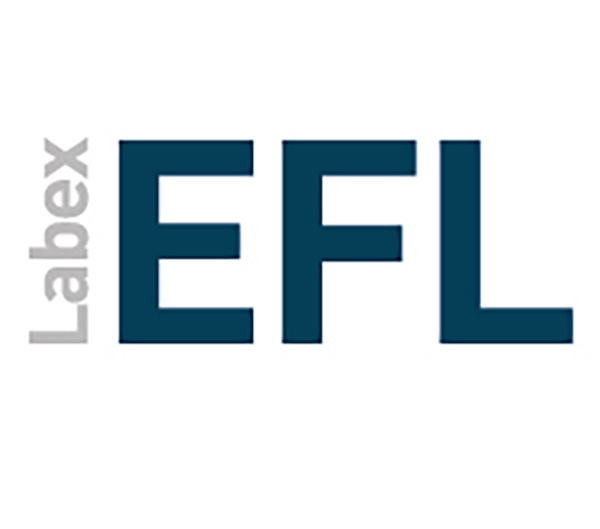Timothée Bernard
Enseignant-chercheur
Status : Maître de conférences
Address :
LLF, CNRS – UMR 7110
Université Paris Diderot-Paris 7
Case 7031 – 5, rue Thomas Mann,
75205 Paris cedex 13
E-mail : timothee.bernard@ens-lyon.org
Website : https://vantot.gitlab.io/website/
General presentation
Thèse
Title : Formal approaches to discourse analysis: discourse relations and attitude verbs
PhD Defense : 2019-01-09
Inscription : 2015 à Paris 7
Jury :
- Lucas Champollion (rapporteur), New York University ;
- Laurence Danlos (directrice), Université Paris Diderot ;
- Philippe de Groote (co-directeur), INRIA Nancy – Grand Est ;
- Jacques Jayez (examinateur et président du Jury), École normale supérieure de Lyon ;
- Laura Kallmeyer (rapportrice), Heinrich Heine Universität ;
- Sylvain Pogodalla (examinateur), INRIA Nancy – Grand Est.
Abstract :
Most formal work on discourse pays little attention to reporting verbs (/say/, /tell/, etc.) and attitude verbs (/think/, /believe/, etc.), both types of verbs being abbreviated below as "AV".
However, these verbs are used frequently and introduce many subtleties. This thesis first studies some of the linguistic effects related to AVs in automatic discourse analysis and then aims to shed light on the principles of a formal grammar that is compatible with discourse analysis and takes AVs into account.
We begin by exploring whether, in practice, the anaphoricity of adverbial connectives can be handled by a computational linguistic system as a kind of structural dependency. This is what we try to achieve using the D-STAG formalism (Danlos 2009; Danlos, Maskharashvili et Pogodalla 2015), that we extend to deal with AVs.
We then develop an anaphor-based approach, useful not only in handling adverbial connectives, but also in simplifying the analysis of non-tree-shaped discourse structures (observed for all type of connectives) and the evidential use of AVs. As regards anaphora, our aim is to have it explicitly integrated into the grammatical formalism we use. This is made possible by continuation semantics (de Groote 2006), which we use in conjunction with event semantics. Events have often been appealed to in order to describe the semantics of causal and temporal relations. Nevertheless, events raise a number of questions.
We suggest a number of potential answers and study the case of negation in more detail, for which we propose a novel formalisation of negative events.






